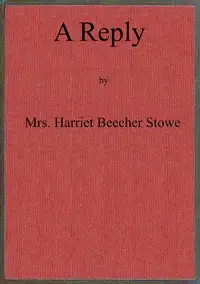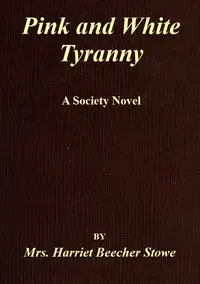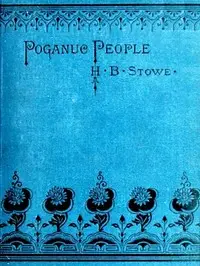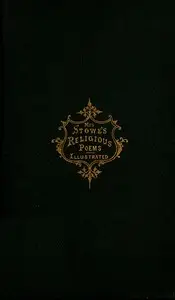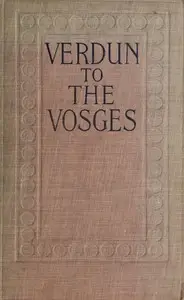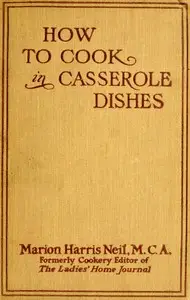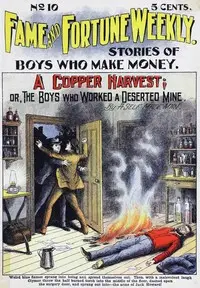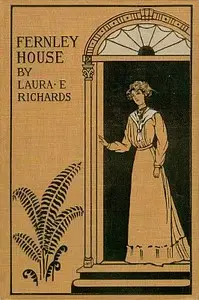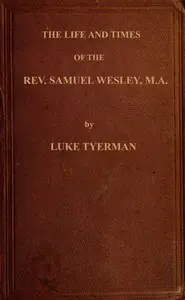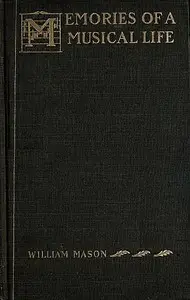"Lady Byron Vindicated: A History of the Byron Controversy" by Harriet Beecher Stowe is a historical account written in the late 19th century. The book aims to defend Lady Byron's reputation against the slanders and accusations that emerged during and after her marriage to Lord Byron, particularly focusing on the controversies surrounding their separation and subsequent events. Stowe seeks to present a comprehensive narrative that counters the allegations made against Lady Byron and establishes her innocence and integrity. The opening of the book sets a somber tone as Stowe reflects on the public discourse surrounding Lady Byron, highlighting the distress and slander that her character has endured. Stowe reveals her motivation for writing the account, which is driven by a deep sense of justice and concern for her friend's legacy. She asserts that the attacks on Lady Byron's reputation were orchestrated by Lord Byron himself and claims that these defamatory narratives have reached a peak even after Lady Byron's death. By establishing this context, Stowe prepares the groundwork for a detailed examination of the Byron controversy, promising to present evidence and testimonies that will vindicate Lady Byron in the eyes of the world. (This is an automatically generated summary.)
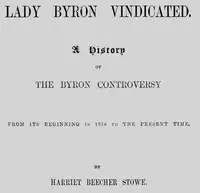
Lady Byron Vindicated: A History of the Byron Controversy
By Harriet Beecher Stowe
"Lady Byron Vindicated: A History of the Byron Controversy" by Harriet Beecher Stowe is a historical account written in the late 19th century. The boo...
Harriet Elisabeth Beecher Stowe was an American author and abolitionist. She came from the religious Beecher family and wrote the popular novel Uncle Tom's Cabin (1852), which depicts the harsh conditions experienced by enslaved African Americans. The book reached an audience of millions as a novel and play, and became influential in the United States and in Great Britain, energizing anti-slavery forces in the American North, while provoking widespread anger in the South. Stowe wrote 30 books, including novels, three travel memoirs, and collections of articles and letters. She was influential both for her writings as well as for her public stances and debates on social issues of the day.



